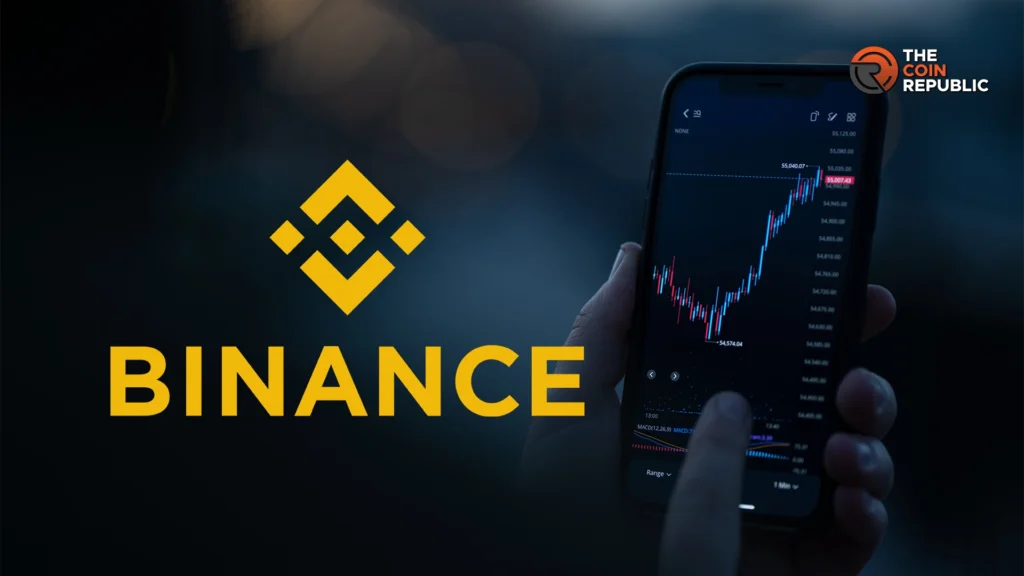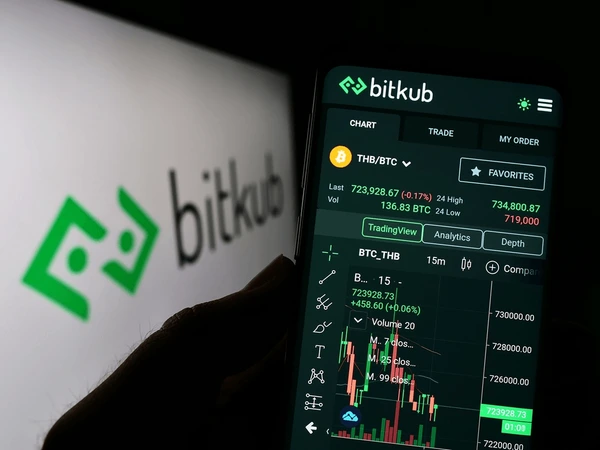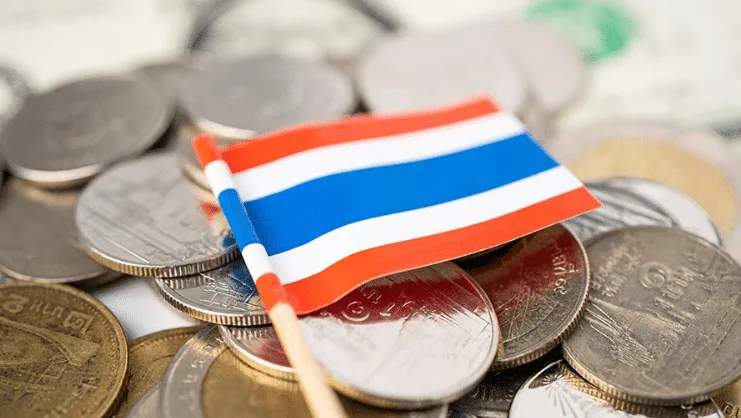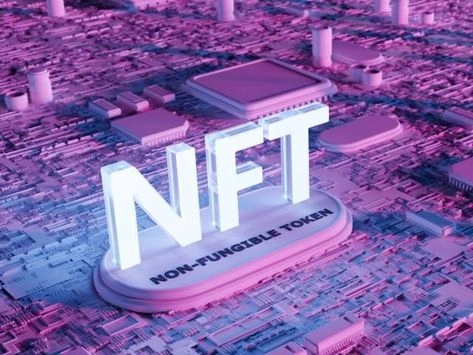The Thai crypto scene in 2025 is buzzing, and at the center of it all are two names: Binance vs Bitkub Thailand. One is a global titan; the other, a homegrown success story. But which platform actually works better for Thai traders?
This comparison post breaks down both platforms across core categories like fees, usability, regulation, and features—so you can make a smart, informed decision.
1. Fees: Global Low vs Local Simplicity (Binance vs Bitkub Thailand)
| Feature | Binance | Bitkub |
|---|---|---|
| Trading Fee | 0.1% (can be lower with BNB) | 0.25% flat |
| Deposit Fee | Varies (via third party/P2P) | Free via local bank transfer |
| Withdrawal Fee | Crypto-based, varies by asset | Fixed fees for THB withdrawals |
Binance offers some of the lowest trading fees globally, making it attractive for high-volume users. Bitkub’s higher fee is offset by easy, predictable local banking support.


Credit from : iStock / Corporate Finance Institute
2. Usability & Interface: Power vs Simplicity (Binance vs Bitkub Thailand)
| Feature | Binance | Bitkub |
|---|---|---|
| User Interface | Feature-rich, but complex for beginners | Clean, simple layout for quick navigation |
| Language Support | English, Thai (limited in some areas) | Fully localized in Thai |
| Mobile App | Advanced features, high performance | Beginner-friendly and accessible |
Binance is built for traders who want access to everything—from advanced charts to staking. Bitkub is easier for first-timers and everyday use, especially in Thai language.


3. Deposits & Withdrawals: Local vs Global (Binance vs Bitkub Thailand)
- Binance no longer supports direct Thai baht (THB) deposits. Users often go through P2P transfers or fund their accounts with crypto.
- Bitkub is fully integrated with Thai banks, enabling smooth THB deposits and withdrawals.
For anyone needing fast fiat transactions or THB conversion, Bitkub is clearly ahead in this area.
4. Regulatory Compliance: Local Trust vs Global Scope
| Feature | Binance | Bitkub |
|---|---|---|
| Regulated by Thai SEC | (Not directly licensed in Thailand) | Fully licensed and regulated |
| Legal Standing | Available via workarounds (e.g. Binance P2P) | Operates under Thai legal frameworks |
| Customer Support | Global support; slower for Thai issues | Thai-language customer support available |
Bitkub operates within Thailand’s legal structure, offering users peace of mind. Binance offers technical reliability but comes with uncertain local standing.


5. Coin Selection & Extra Features
| Category | Binance | Bitkub |
|---|---|---|
| Coins Listed | 300+ cryptocurrencies, including niche tokens | 80+ major coins, focused on core market |
| Staking/Yield | Yes – extensive DeFi, staking, liquidity pools | Limited to a few staking options |
| NFT and Launchpad | Yes – Binance NFT and token launch events | No NFT support |
Binance caters to advanced traders looking for variety and long-term DeFi opportunities. Bitkub stays within the basics—sufficient for mainstream users, but limited for explorers.


6. Who Should Use Which? A Quick Take
| User Type | Recommended Platform |
|---|---|
| New or casual crypto users | Bitkub |
| Advanced traders and DeFi users | Binance |
| Users needing baht deposit/withdrawal | Bitkub |
| Traders seeking low fees and coin variety | Binance |
| Users concerned about local regulation | Bitkub |
Final Verdict: Binance or Bitkub?
Choosing between Binance and Bitkub isn’t about who’s “better” in general—it’s about what’s better for you.
- Want a familiar Thai interface, quick baht transfers, and full legal clarity? Bitkub checks those boxes.
- Need more altcoins, lower trading fees, and access to advanced tools? That’s Binance’s turf.
And here’s the real secret: many Thai traders use both. Bitkub handles the fiat side; Binance opens the door to global markets.
So compare your goals, test with small amounts, and choose the platform (or combo) that aligns with your crypto journey.




